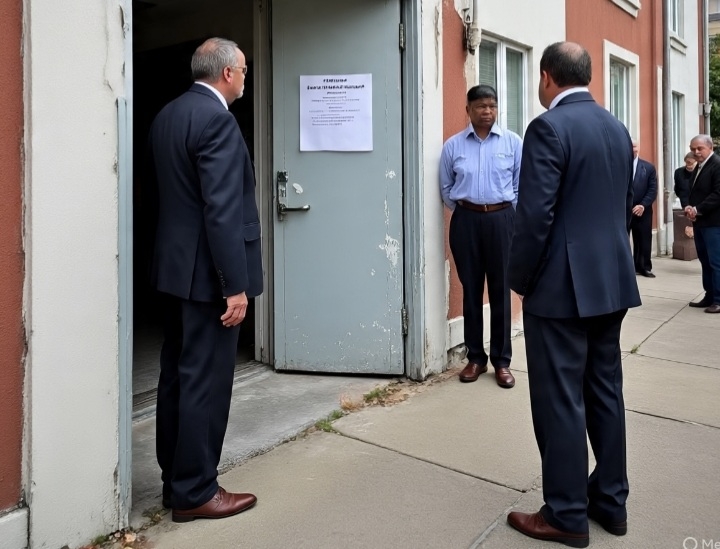Lake Properties Lake Properties
Lake Properties Lake PropertiesHere’s a deeper explanation of mortgage insurance in South Africa, its importance, how it works, and what to look out for:
🏠 What Is Mortgage Insurance?
Mortgage insurance (often called bond protection insurance or credit life insurance) is a policy that pays off all or part of your home loan (bond) if you are no longer able to do so due to death, disability, critical illness, or even job loss (depending on the policy). It's designed to protect both:
- The homeowner and their family (so they don’t lose the house), and
- The lender (so the home loan is repaid even if something happens to the borrower).
📦 What Does It Cover?
Different insurance providers offer slightly different coverage, but generally, it includes:
1. Death
- If you pass away during the term of your bond, the insurance will settle the outstanding bond (in full or in part).
- This ensures your family keeps the home without inheriting your debt.
2. Permanent Disability
- If you become permanently disabled and unable to work, the insurer may:
- Pay off your entire bond, or
- Cover your monthly bond payments for a set period.
3. Temporary Disability or Illness
- If you're temporarily unable to earn (e.g., injury or illness), the insurer may pay your monthly bond instalments for a number of months.
4. Critical Illness
- Some policies include a lump sum payout if you're diagnosed with serious conditions such as cancer, heart disease, or stroke.
- This can be used to settle or reduce your mortgage debt.
5. Retrenchment / Job Loss (optional add-on)
- Covers monthly bond repayments for a limited time (usually up to 6–12 months) if you lose your job involuntarily.
🏦 Is It Mandatory?
- Not legally required by law in South Africa.
- Banks often require it as a condition of granting the home loan, especially if:
- You have no deposit or a small deposit
- You are self-employed or have an irregular income
- You are a first-time homebuyer
Some banks even include their own credit life insurance in your bond agreement, unless you provide proof of your own policy.
✅ Why Is It Important?
1. Protects Your Family
- If something happens to you, your family can remain in the home without needing to sell it to repay the debt.
2. Avoids Financial Distress
- Prevents repossession, blacklisting, and legal action from the bank if you're unable to pay.
3. Peace of Mind
- You know that your largest financial asset is protected, even in uncertain circumstances.
4. Loan Approval
- Can help improve your chances of loan approval or better bond terms.
📋 Things to Check Before Buying
When choosing mortgage insurance, always read the policy document carefully. Look out for:
| Aspect | What to Check |
|---|---|
| Premium Type | Fixed or increases annually? |
| Cover Amount | Is it enough to cover your full bond? |
| Exclusions | E.g., suicide within first 2 years, pre-existing conditions |
| Waiting Periods | Often 3–6 months before retrenchment or illness cover kicks in |
| Claim Process | How fast and easy is it to claim? |
| Provider | Independent insurer or bank’s in-house insurance? You may have more flexibility with an external provider. |
📌 Example
Let’s say you take a R1 million bond, and you add mortgage insurance. Two years later, you become permanently disabled. The insurance pays off the balance of your bond (say R950,000), and you no longer have to make monthly payments — your home is now paid off, and your family is secure.
🧾 Final Advice
- You don’t have to accept the bank’s insurance — you can shop around.
- Independent policies may be cheaper or offer better cover.
- If you already have life insurance, check if it can be ceded to your bond — this might save you money.





















